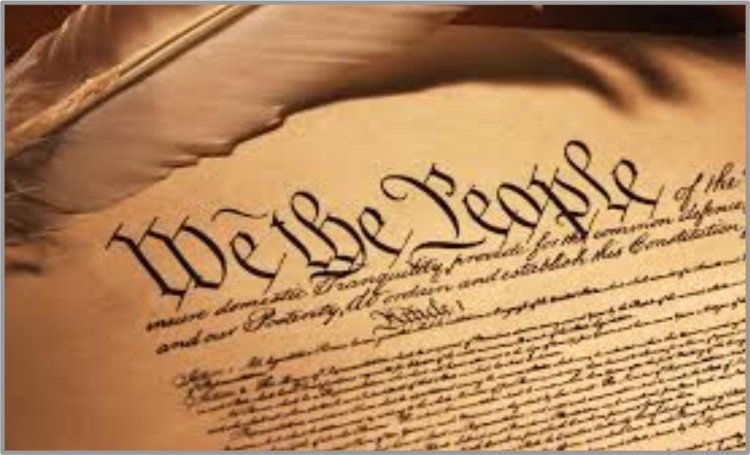Toshtemirov Bekzod Azamat o’g’li

If we look at the history of the Constitution, this document mainly served to change the form of governance of the states and implement democratic principles. The "Great Charter of Freedom" is an important document signed in England in 1215. At the same time, it is considered as a reality that changed the history of the world. This document is considered one of the earliest documents aimed at reducing the powers of the king. At the same time, the document gives certain reliefs to barons (members of the royal council) and priests. The king does not interfere with the free election of priests. He does not demand more payment from his vassals and cannot imprison barons arbitrarily. Knights and townspeople, as well as peasants, are given certain concessions. According to this document, which consists of 63 articles, it is established that state officials protect the rights of farmers, and it is prohibited to receive services and payments in excess of the specified amount. But this article is hardly followed. In any case, the Magna Carta is regarded as one of the first steps in the transition to today's constitutional system.
If we talk about the importance of the document, until that time there was a view that the power belonged to the absolute king. After the adoption of the Great Emancipation Charter, the Parliament, consisting of Lords, began to rule the country together with the King. At the same time, it had a great impact on the rule of the church, that is, by limiting the interference of the king in the affairs of the church, the churches gained some independence.
On May 26, 1679, the Parliament adopted the Habeas Corpus Act, which is famous in the history of the constitutional struggle. Under this law, any imprisoned prisoner could apply in person or through relatives and acquaintances to one of the highest courts in England for a writ of habeas corpus. Based on the written order issued by the judges, the person managing the prisoner's case had to bring him to the court within 24 hours, indicating the reasons for his detention. If the employer does not obey such an order, it is stipulated that he will be fined for the first time, that is, 500 pounds, and for the second time, he will be dismissed from his position. The court considered the reasons for the arrest and made a decision to release the prisoner on bail until the trial, to keep him in prison, or to release him completely. A person released on a writ of habeas corpus could not be imprisoned a second time on the same grounds. In this case, a fine of £500 was imposed on the re-imprisoner. The procedure for releasing prisoners on bail before the trial was already known. However, for the first time, the responsibility of the persons guilty of not fulfilling the orders specified in the act was established. This act did not apply to persons imprisoned for treason or a serious crime, as well as to persons imprisoned in civil cases.
The Bill of Rights In 1689, the new King Wilhelm III issued the Bill of Rights on his accession to the throne. This declaration eventually became known as the Bill of Rights, which limited royal power. The main importance of the bill was that, according to it, the rights of citizens were greatly expanded, torture and cruel punishments were abolished, on the contrary, freedom of speech, the use of weapons for self-defense, the supremacy of the parliament in the field of law-making were established, and the sphere of authority was expanded. The king was restricted from repealing or introducing laws, imposing taxes, and those who opposed the king's rule could not be prosecuted.



 Moderator
Moderator 




